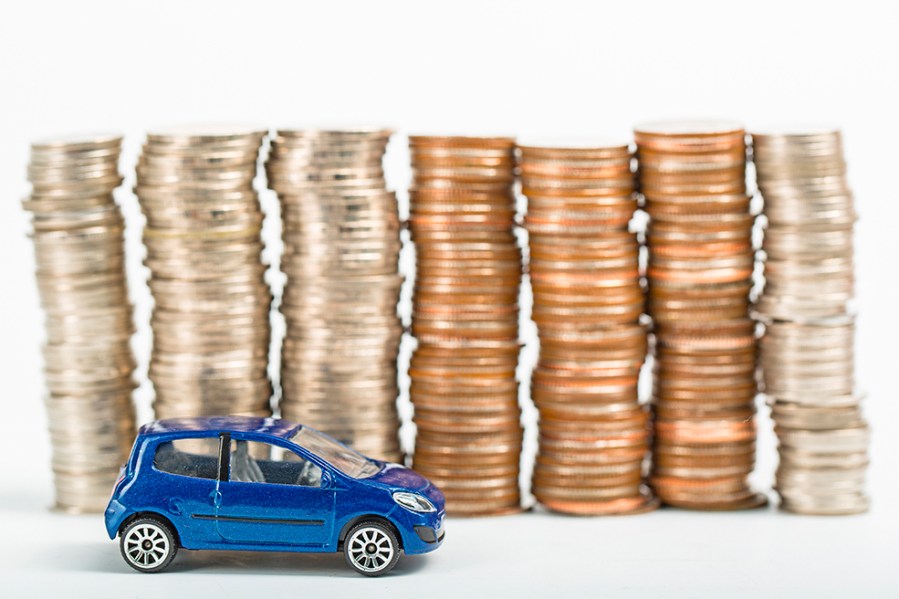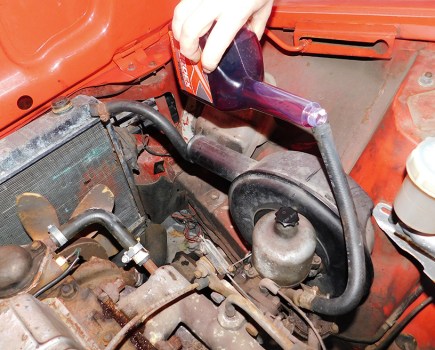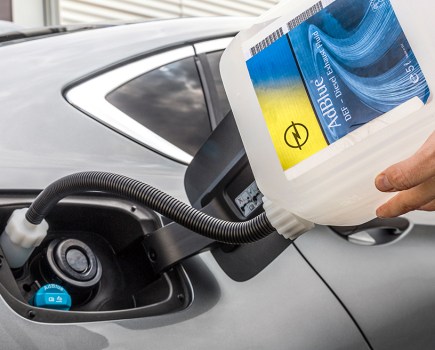Owning and running a car hasn’t been so expensive for decades, but there are plenty of ways to cut costs. Here are 50 tips for low-cost motoring
Words: Alan Anderson, Peter Simpson
Driving
Gently does it
Most people know that, as a general rule, the easier you are on your car, the better it is – not simply for fuel economy but also long-term reliability. While modern cars aren’t generally as responsive to economical driving techniques as the carburettor-fuelled cars of yesteryear, driving at a gentler pace still generally uses less fuel. It also causes less stress on car and driver, and rarely adds significantly to journey times.
…but also give it some stick
There again, an occasional blast can be beneficial to clear out the cobwebs of a car that spends most of its life pottering around town and rarely reaches full operating temperature. Additionally, the Diesel Particulate Filters (DPFs) fitted to some Euro 4 and all Euro 5-on diesels need a regular decent run occasionally to burn off trapped soot.
Read the road
Reading the road more intensively to avoid unnecessary braking and acceleration can become quite an enjoyable exercise, especially when motoring cross-country. It’s a great skill to have when trying to save money, too.
Many years ago, fuel giant Mobil ran a special week-long economy run over some of the toughest roads and bleakest weather; far from being a serene Sunday stroll, it was more like a 1000-mile road rally. Some astonishing fuel returns were achieved; there is an art to driving economically without adopting a dawdling pace. The last time the event was run in the mid 1980s, a Mini City achieved almost 65mpg, a Ford Sierra 2.0GL more than 45mpg and even a V12 Jaguar XJ-S managed to return virtually 23mpg!
Preserve momentum
The key is to economy driving is to maintain momentum. For instance, it’s best to pick up speed before tacking hills so that wide, wasteful throttle inputs can be avoided. Or rather than rushing up to a red light, how about metering out your braking to come to a smoother stop?
Correct use of gears
It’s a common fallacy that economy driving requires the selection of top gear as soon as possible. On the right roads and speeds this can make sense, but slogging along in top gear regardless can prove less economical due to the requirement for larger throttle inputs. Worse still, this style of driving can prove seriously detrimental to the engine and drivetrain. The green-arrow change-up light on most 2010-on cars is a pretty good guide.
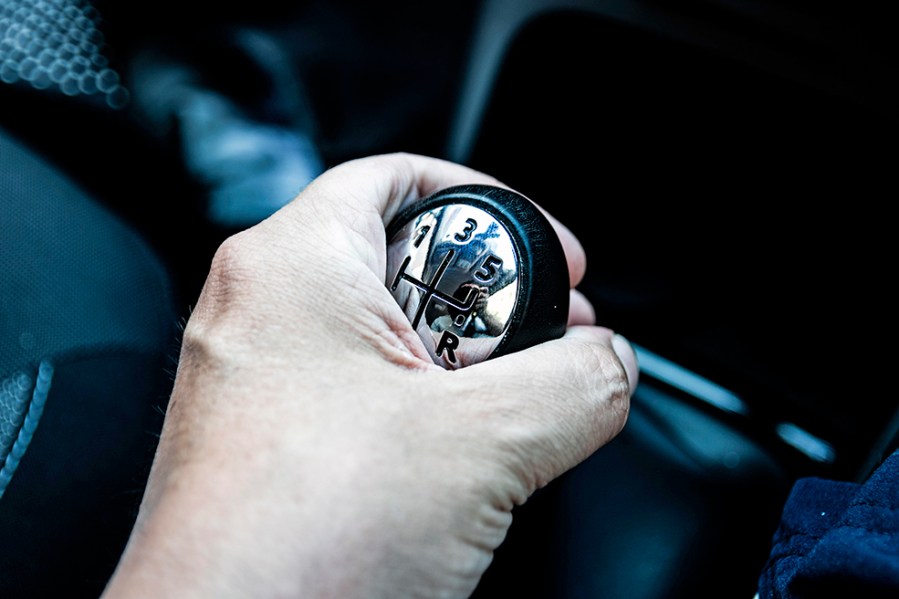
Avoid shorter journeys
Short journeys such as the school run are horrendous fuel wasters. If you don’t believe us, take a look at the average miles-per-gallon readout to see how even a diesel gulps fuel from a cold start for the first five miles or so. Think about any short trips you have to take – and if your offspring can’t walk to school, maybe take turns with other parents to transport a car-full!
Empty out your tools
If you’re a practical sort who carries a few tools around with you, don’t take the entire workshop. Unnecessary weight means more power (and so fuel) is needed to lug it around. Similarly, consider if you need a roof rack or luggage bars in place 24/7, as these produce fuel-sapping drag.
Consider your air-con useage
These days, most cars have standard air-con that’s fully-integrated into the control systems, meaning switching it off might not save you the 2-3mpg it did when air-con was a bolt-on extra. There may still be a saving to be had though; try it and see, but if not running the air-con means opening windows, you might lose almost as much as you gain through the car being less aerodynamic. Bear in mind that you really need to run the air-con once a fortnight to prevent seizure and refrigerant loss.
Use cruise control
If your car has cruise control, use it whenever appropriate; it’s surprising how motorway speeds can unintentionally fluctuate. By keeping a set pace you’re bound to get the most mpg for your money.
Don’t idle for ages – and use stop-start
Everyone knows that fuel used by an engine that isn’t moving is fuel wasted – but do you actually bother switching off if stuck in traffic for more than a couple of minutes? You really should, and with modern fuel systems any momentary extra fuel usage on warm start-up is negligible. Modern stop-start systems will take care of this for you.
Maintenance
Consider DIY
Admittedly, modern cars aren’t especially designed with the home mechanic in mind – but there’s still an awful lot you can do yourself to save money. There’s no shortage of tips, advice and encouragement lurking on the Internet and in the pages of Car Mechanics. And you may even come to enjoy the job satisfaction of doing it yourself.
Shop around
Think ahead – and if you spot any bargains then buy now rather than when you need them. For instance, keep an eye out for great deals on consumables like oil, brake pads and coolant.
Buy second-hand
Buying good second-hand spares is nothing to be ashamed of so long as you buy from a reputable breaker offering some level of warranty on major components. Avoid safety-critical items such as brakes, steering and suspension, and do check the prices against what they cost new before going ahead. Make sure that the parts you are buying are actually right for your car – this is especially important with online and distance purchases and/or electronic components; the latter can look identical externally but have totally different innards.
Consider a donor car
Here’s something to consider if you run an old car more than 20 years old – buying a wreck to strip and save the spares. A scrapper is always worth less than the sum of its parts and if you have storage space, retrieving what you may need in the future (that’s virtually everything sans bodyshell and interior) could see you never having to purchase spare parts again. It also saves future worry over parts obtainability due to the model becoming obsolete. Just ensure you have enough space, and bear in mind that individuals cannot now notify DVLA that a vehicle has been scrapped – so as well as taking the shell away, you’ll need a registered dismantling facility to process the paperwork.
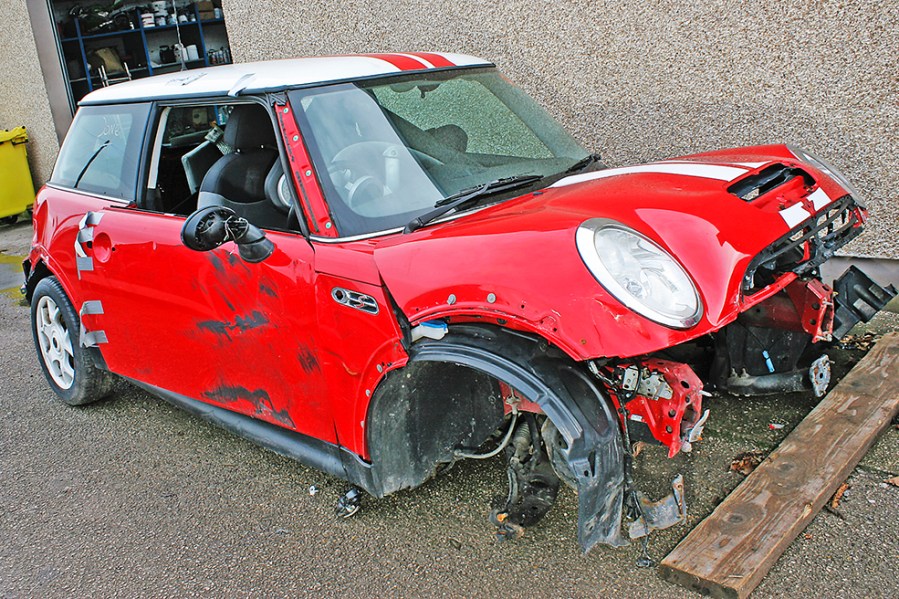
Budget and secondhand tyres
Once, secondhand tyres were a cheap – albeit risky – option. Nowadays the economics are different, and for those interested purely in price-per-mile, a new budget-brand tyre is usually cheaper. It’s also worth considering whether or not you need top-branded high-performance tyres, as many of the better budget brands actually licence ‘last season’s’ tread pattern from the bigger brands.
Used tyres may be worth considering if you’re after something of an unusual/expensive size or as a way of buying a better-quality tyre than you can afford new. Buy only from reputable sources and be sure to check a tyre’s condition carefully inside and out, and avoid anything with uneven wear or less than 6mm tread overall. Check the tyre’s age via the sidewall markings: we’d steer clear of anything more than five years old. Post-2000 tyres have four-figure date codes, with the first two figures being the week of manufacture and the last two the year – ie. 4018 equates to week 40 of 2018.
Tyre care
Maintaining correct tyre pressures is vital for safety and to get maximum life from your tyres. A label on the driver’s door-shut often gives the correct pressures, and sometimes there will be two or more alternatives depending on load. Tyres on alloy wheels can sometimes lose pressure due to alloy corrosion on the wheel’s inner rim lip stopping the tyre from sealing correctly. Watch for uneven wear; this can suggest incorrect pressure or that tracking needs adjustment.
Change your air filter
These days most service schedules specify three, four or even five-year air filter renewal intervals. But cars used mainly or exclusively in cities or dusty/dirty rural environments often clog their filters much quicker, and therefore benefit from more frequent changes. A dirty air filter can easily cost you 2-3mpg, which these days means you’ll probably recoup the cost of a new air filter within three or four weeks!
DIY diagnostics
Be very wary of diagnosis by component renewal as an alternative to a plug-in diagnostic test – it’s possible to waste hundreds changing parts which are not faulty. Sometimes a particular model will have well-known and well-documented common faults, but in most cases the only real way of tracing what’s wrong is by plugging in a tester and reading fault codes. Vehicle-specific diagnostic pods can often be bought quite cheaply but do need to be used and interpreted sensibly – for example, what reads as a component failure might also be caused by a faulty wiring connection.
Stay on top of rust
Today’s cars aren’t the rot-boxes they once were, but some still rust – and repairs are inevitably expensive. Frequently wash and inspect the paintwork and underbody and rectify stone chips and similar minor marks before rust gets a chance to take hold. Anti-rust products are money well spent. Typically, the job may take a dirty weekend and cost perhaps £50–100 in materials, but it will keep your car in better condition and quite possibly enhance its resale value.
Investigate additives
Keeping the fuel system clean does more than simply improve fuel economy – it can also keep you on the right side of the MOT emissions test. Injector and catalyst cleaners are perhaps the best known ‘pour-ins’ and annual additive shots can only do your engine (and wallet) good.
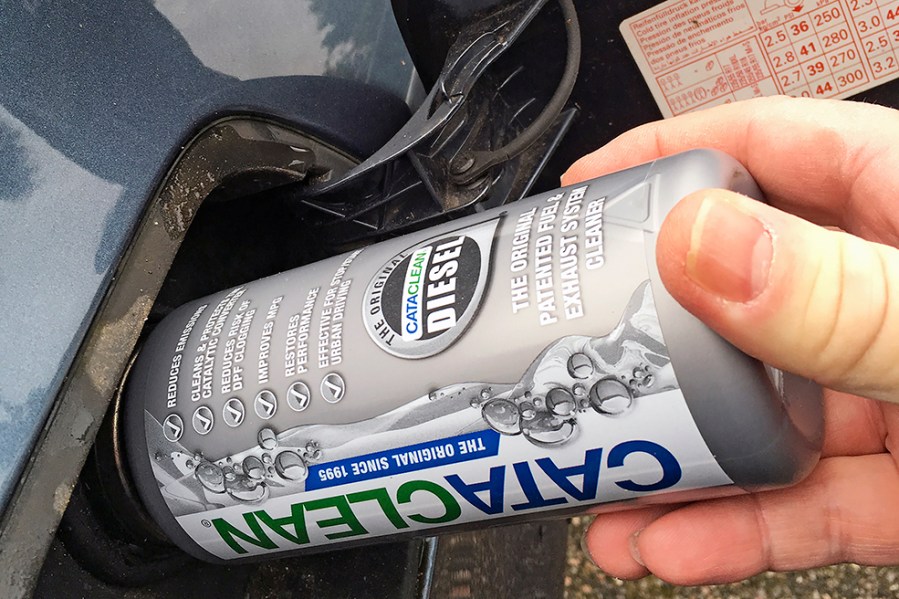
Pre-MoT checks
Always check your car for obvious failures such as blown bulbs, worn wiper blades, empty washer bottles and so on before an MoT. Many testers will do minor repairs like this while they have the car, but they’ll almost certainly charge maximum parts retail price as a means of covering their labour and stocking costs. That might be more than you can buy them for elsewhere!
Join a club
Many people assume that make- and model-specific car clubs are relevant only to classic cars. Not so – these days there are online ‘clubs’, forums and support groups for pretty much every car on the road. Most are free to join and offer a massive range of hints and tips from other owners. If you’ve got a problem with your car, it’s likely another owner has had it before, although as always online you do need to be wary of ‘armchair experts’ who think they know more than they do.
Check for a faulty thermostat
Most people know that a car engine is most fuel-efficient when fully warm, but it pays to remember that many older units never reach that point because the thermostat has stuck open. Tell-tale signs include a temperature gauge which never reaches the normal mid-way point, and a heater which seems cooler than it should be. This can easily cost you 3-4mpg.
Cash in your catalytic converter
This one isn’t for everyone but may be worth considering if you’re running an older car but aren’t planning to keep it indefinitely. Some OEM catalytic converters are worth serious money as scrap – high-three or four-figure sums even. An aftermarket replacement can, however, be bought for a fraction of that. Clearly, the replacement won’t be as long-lived as the original, but if the car’s only going to last another two or three years anyway, it might be worth changing the catalytic converter now and pocketing the (possibly significant) difference.
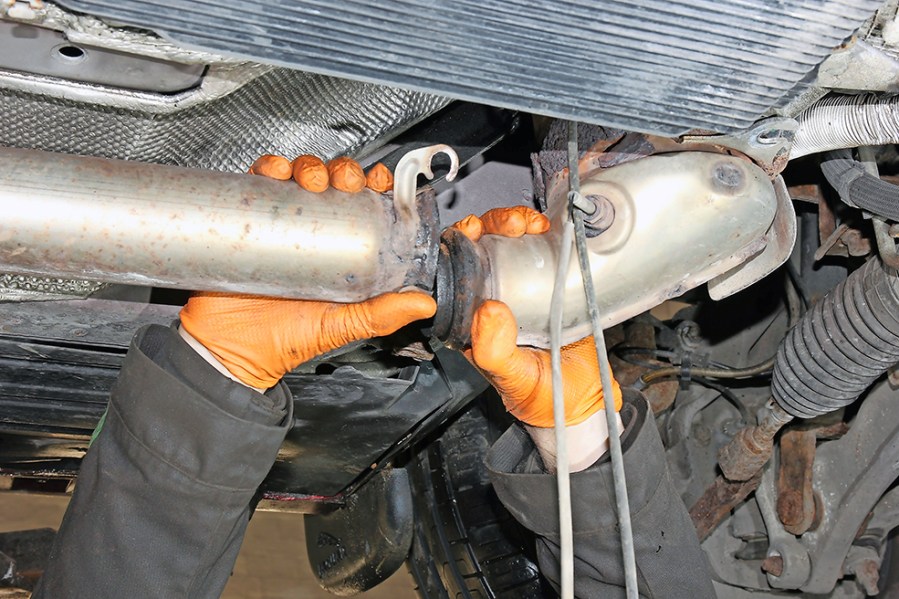
Ownership
Shop around for fuel
Petrol prices vary dramatically but are still a poor joke, and considerable savings can be made by diligently shopping around. A difference of a couple of pence per litre may not sound much, but the effect on a tankful is worth having in your pocket. And if your car can safely use the new cheaper E10 fuel, do so.
Shop around for insurance
Insurance usually represents a big chunk of a motorist’s budget. But handsome savings can be made by shopping around come renewal time, as many companies offer tempting deals for new customers. Sadly, brand loyalty counts for very little so don’t feel guilty about moving your business elsewhere if the existing deal doesn’t satisfy you.
Review insurance requirements
By reviewing your insurance cover requirements, you can usefully trim your insurance costs. For instance, switching to a multi-car household policy (some of which also include home insurance) can see costs tumble, as can increasing your excess (that’s the amount you pay as part of any claim) and reducing your mileage allowance. Speak to a specialist or broker first if uncertain.
Consider depreciation
Fuel economy has always been the main deal-maker for many motorists, but one of the most significant yet often overlooked (or simply forgotten) costs of ownership is depreciation. The first three years are the worst money losers so it’s best to steer towards a slightly older car where depreciation has started to level off thanks to previous owner(s) taking the hardest hit.
Consider a classic car
Need a low-mileage second car? Maybe, if you like cars and aren’t afraid of a bit of DIY-tinkering, a classic will suit your needs. They can offer low-to-zero depreciation and, if over 40 years old, enjoy free road tax and exemption from most, if not all, ULEZ-type charges. There are downsides – classics are rarely as economical as modern cars, safety standards are far lower, and they aren’t as easy to drive. But for the right type of person, and the right type of driving conditions, a Mini, Metro, Morris Minor, MG Midget, Citroen 2CV or similar could slash your motoring costs significantly.
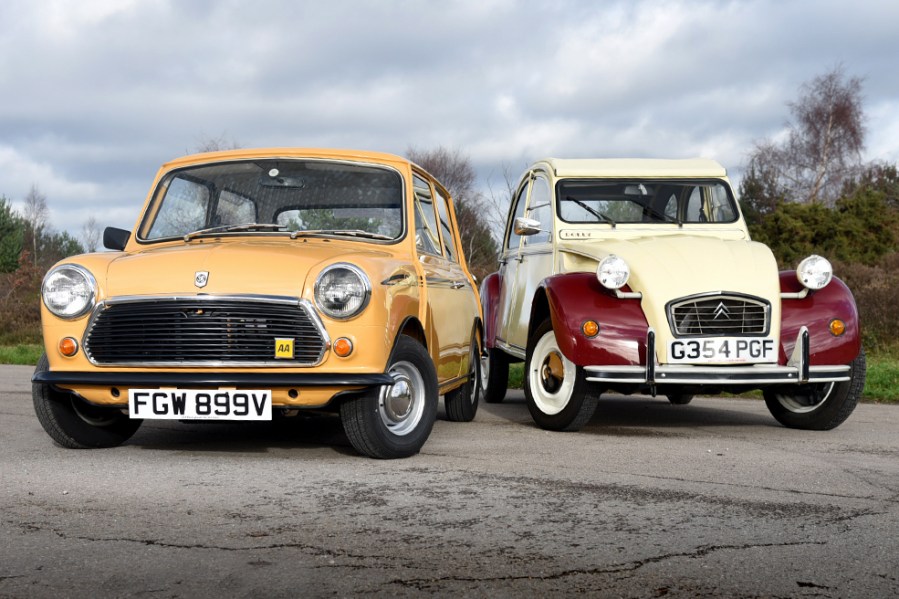
Be realistic about your requirements
Most people choose a car to match their overall domestic needs, but think how often you actually use a particular aspect. If, for example, the only time you need a seven-seater that will pull a caravan is for three weeks holiday each year, you might be better off hiring and using something smaller and more economical for the other 48 weeks of the year.
Take a train
Would some of your car journeys be better made by train? Going into London and some other big cities can be very costly thanks to high congestion and parking charges. If just one or two people are travelling, you might well find an off-peak day-return booked in advance is cheaper and easier than driving into an unfamiliar urban environment.
Take advantage of dealer deals
A good number of major car dealers regularly offer special deals on servicing, seasonal safety checks, cheaper-priced MOTs and more. Take advantage of such incentives when they crop up.
Clear out the garage
Use it or lose it! We’re talking about your lock-up garage in this case, which, along with the majority, are cluttered up to rafters with household junk. Yet keeping your car in a dry, warm garage will ensure it remains in better condition plus keeps it out of harm’s way, which may also help further reduce your insurance premium at the same time. It pays to make space if you can.
Consider tax costs before you buy
Always check a car’s VED rate before buying, as some seemingly-modest cars attract surprisingly high rates. You can find the CO2 emissions by checking the DVLA website. On pre-2017 cars, 120g/km and lower equates to the cheapest tax (currently up to £30pa), but from 226g/km upwards the rate increases massively for the top two bands for post-March 23, 2006 vehicles; it’s now £615 and £630 a year. March 22, 2006 and older cars, however, are capped at Band K, currently £360. Sometimes better off with a slightly older car.
Car sharing
Here’s another mind-expanding money saver – car sharing. Let’s face it, going solo is dreadfully wasteful and perhaps a little selfish when willing workmates may be just as happy to car share. Car sharing can slash fuel and possibly parking or congestion costs.
Evaluate your breakdown cover
Cancelling breakdown/recovery cover entirely is a false economy but there are many choices – and the price can also vary enormously, along with the type and level of cover. For example, some cover the ‘member’ in any car, others the car with any driver. Choose one which offers what you actually need at the best price. Bear in mind that some car insurance policies offer breakdown cover as an optional extra, or even free. This can be very cost-effective, although the level of cover is unlikely to match the dedicated providers. Some premium bank accounts also include recovery membership as one of the benefits.
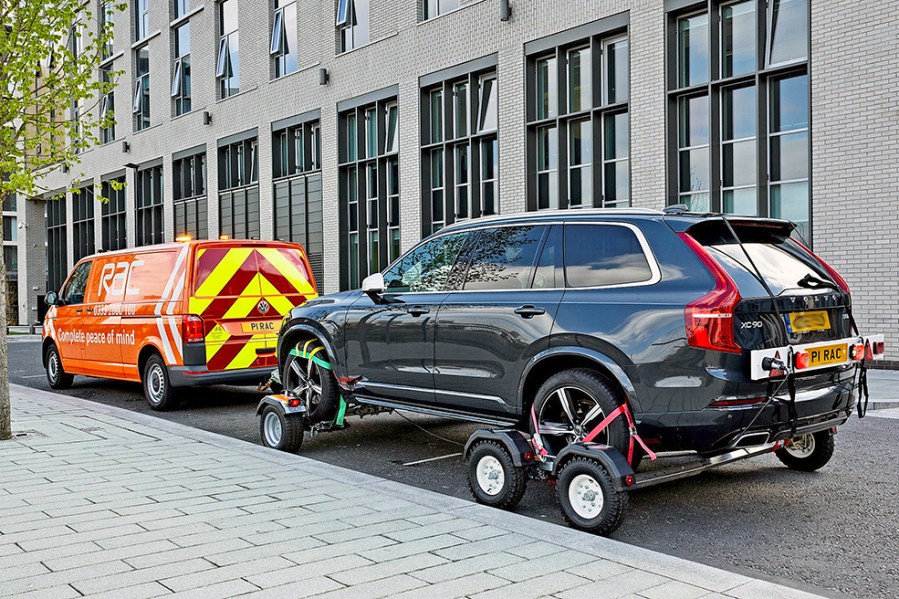
Buying and selling
Consider waiting to buy your next car
Anyone who has been closely monitoring used car values can’t have failed to notice their steep rise over the past year. This is the result of wide scale unavailability of new vehicles due to shortages of certain electronic parts. But what goes up must come down – and the current artificial inflated values of second-hand vehicles will fall once new car production picks up. This means that those who have bought second-hand recently are likely to suffer a double whammy. Our advice, if you can, is to keep the money safely in your pocket until the market reverts to its proper level.
Pick the right time to sell
When should you sell your old jalopy? Sometimes, if a potentially expensive problem is round the corner, it’s better to cut and run. If you’ve owned the car a while and you know that it’s good in all other respects, then it might just be worth carrying on with what you have. Often, the alternative is spending the same amount on another car which might be OK, but might also be a pile of trouble. Don’t expect a big repair bill to reflected in the price, even if you sell soon afterwards; £1500’s worth of clutch and DMF renewal might, if you’re lucky, add £150 to the sale price.
Decide if you need a petrol or diesel car
Not so long ago, everyone wanted diesel cars. In recent years, however, popular opinion has moved away from diesel, and with advances in petrol technology and the lower price of E10 petrol in the UK, petrol might suit your needs better. This is especially true if you might need to travel into an Ultra-Low Emission Zone, as the rules allow much older petrol vehicles free access over a diesel alternative.
Pay attention to DPF health
Following on from the above, few modern diesels – even small ones – are suitable for motorists who cover mainly short journeys, due to the Diesel Particulate Filter (DPF). This, as noted earlier, requires a regular longish run to burn off soot that has gathered. If a car never does more than 10-15 miles at a time, the burn-off won’t happen, and a filter-full warning light will come on, requiring a special high-speed low-gear run (at the very least) to clear it.
Tread carefully with finance
With interest rates heading north you must be as diligent when choosing the package as you would your next car. There’s no shortage of expert advice out there but in any case it pays to shop around for the lowest APR figure (normally not offered by car dealers) and borrow as little as possible for as short a time as possible.
Buy from a dealer for peace of mind
For the most motorists this is by far the most popular and least stressful route to buy. You pay for it in the screen price, naturally, but that doesn’t mean to say that you can’t strike up a good deal that satisfies everybody. And remember, there’s more to a bargain than the screen price; enjoying blissful reliability from even an overpriced car can make for savings in the long run. A good dealer will know their business and, therefore, know how and where to buy the best cars.
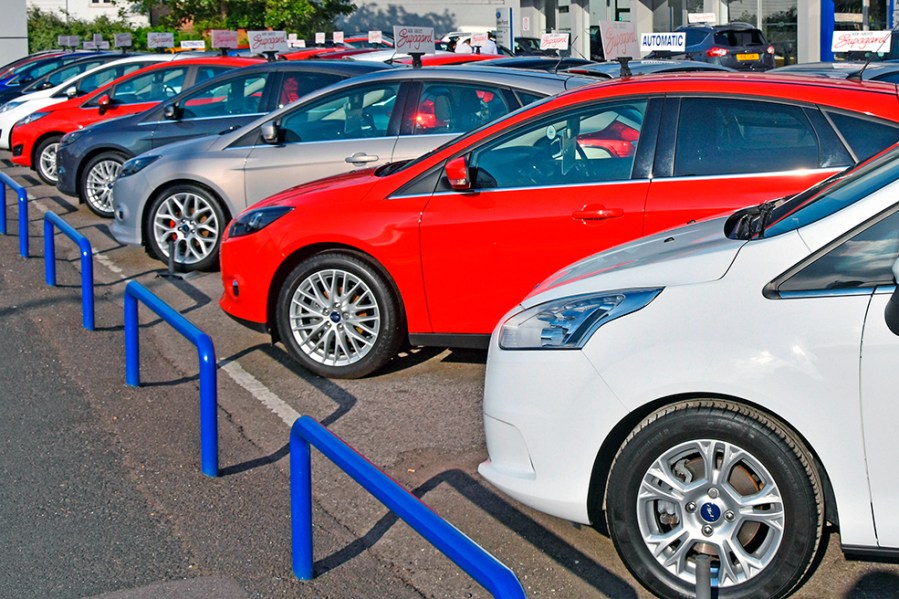
Heart vs head
You can do a lot to cut the cost of motoring but equally, as a car enthusiast you are entitled to like what you own and drive. No matter how commonsensical saving money is, if you hate your new set of wheels it will only lead to neglect and increased probably of selling at a loss. You need a good heart-and-head balance – which is easier said than achieved.
Consider the risk of buying privately
Purchasing from a private seller should, in theory, net you the cheapest way to buy plus you get the chance to meet the existing owner. However, a private sale also offers the least protection against buying a dud; enforcing what legal rights you do have can be difficult, frustrating and often ultimately fruitless.
Grab a bargain at auction
Auction buying is an old favourite with bargain hunters but it’s not for the novice – and the almost total lack of comeback means you must know exactly what you’re doing. Read the terms and conditions carefully, and go to (or follow online) a few auctions as a ‘dry run’ to get a feel of things before doing it for real. Bear in mind that auction fees are sometimes a lot more than you may expect, and there are often extra charges for engineers reports and processing change of ownership with DVLA. All auction charges have VAT on top, even if the vehicle itself doesn’t. Set a maximum price beforehand and don’t be tempted to exceed it.
Part-exchange your old car
Most assume that part-exchanging an old car when buying a new one is a sure-fire way of losing money. If the car is one that the dealer will want to move on through the trade that’s probably true, though in the current market discounts for ‘no part-exchange’ are by no means guaranteed. If, though, you’re trading in a car that the dealer will want to retail then you may well find that having a car to sell as well as wanting to buy puts you in a stronger position. In this context, bear in mind that many dealers are currently retailing cars they would have traded in normal times.
Consider car buying services carefully
Car buying services trade on making life easy, but that convenience comes at a cost and these businesses don’t, and don’t claim to, offer the best prices. Most of their cars are sold to the trade and/or at auction, with the buying service taking a profit. If you want a ‘distance’ sale, you’ll probably get more by dealing with an auction direct.
Shop around when scrapping a car
If you need to scrap a car, do shop around as prices offered vary enormously. Scrap prices are also extremely volatile; some years ago, they were so low that yards were charging to take cars in. We recently scrapped a vehicle and prices offered ranged from £90 at a local yard up to £350 from an online car takeback service. The latter was efficient, too – the car was gone within 72 hours, the money in our bank account within two hours of collection.
Buy Car Mechanics every month – or get a subscription!
Car Mechanics has been saving motorists money since 1958, and at less than the price of a gallon of E10, continues to cut the cost of private motoring. Taking out a subscription saves you a tidy sum!

